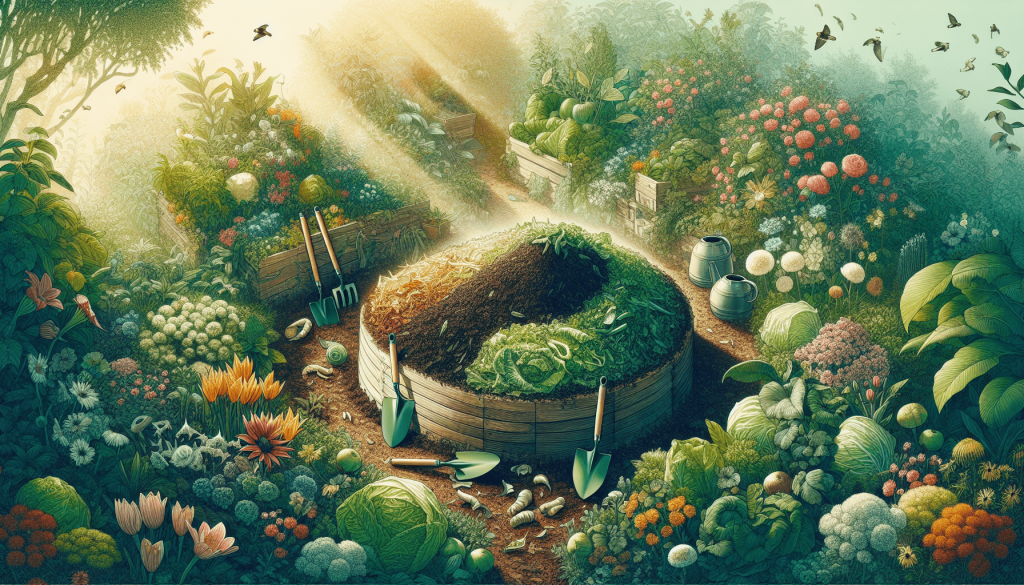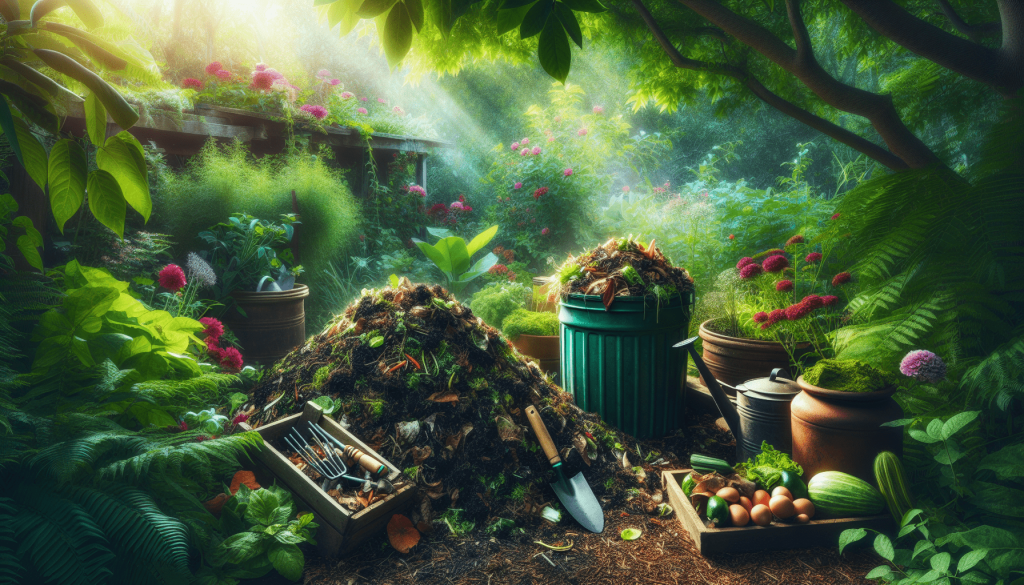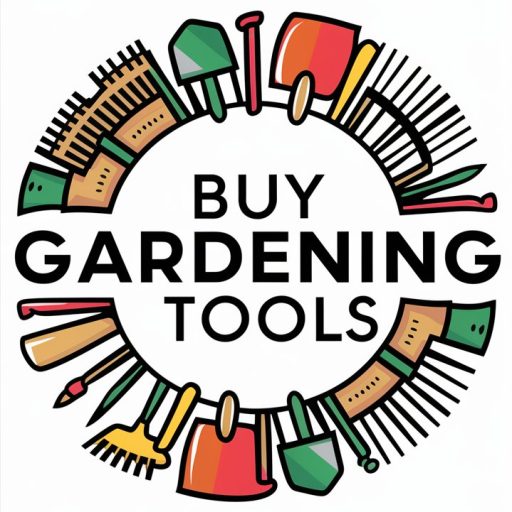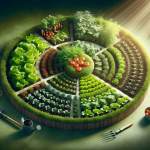This post may contain affiliate links. As an Amazon Associate, we may earn commissions from qualifying purchases.
Have you ever looked at your lush, thriving garden and wondered how to deal with all the fallen leaves, clippings, and other bits and bobs that come with maintaining such a beautiful space? If you’ve ever felt your stomach twist at the sheer volume of garden waste, you’re not alone. When it comes to reducing garden waste, there are numerous friendly methods you can implement to keep your garden looking lovely while being kind to the environment.

Understanding Garden Waste
Before you can tackle any problem, it helps to understand what you’re dealing with, right? Garden waste mainly consists of organic material, such as grass clippings, branches, leaves, and weeds. While these may seem harmless, they can quickly pile up and contribute to your local landfill if not managed properly.
Why Is Reducing Garden Waste Important?
It’s not just about keeping your garden neat. Reducing garden waste is pivotal in conserving natural resources, minimizing pollution, and enhancing soil health. It reduces the amount of waste sent to landfills, contributing to a healthier planet by lowering methane emissions.
Composting: Nature’s Recycling System
One of the most effective methods for reducing garden waste is composting. This method transforms organic waste into nutrient-rich soil, perfect for enriching your garden beds. Sounds great, doesn’t it?
How to Start Composting
To start composting, you need a good mix of greens (like grass clippings) and browns (such as dry leaves). Combine these in a compost bin or pile, add some water, and let nature do its magic. Turn the pile periodically to aerate it and speed up decomposition. In a few months, you’ll have nutrient-rich compost to nourish your plants.
Composting Tips for Success
Ensuring your compost pile is successful requires a bit of attention. Balance is key – too much green material can make the pile wet and smelly, while an abundance of browns can slow down decomposition. If the thought of composting has been overwhelming, consider starting small. A countertop compost collector can be a gentle entry into the world of composting.
Mulching: The Silent Worker
If you’re new to the idea of mulching, it’s basically the art of using organic material (think wood chips or leaves) to cover the soil surface. This silent worker helps retain moisture, suppress weeds, and slowly break down to enrich the soil.
Effective Mulching Practices
Spread mulch around your plants, making sure to keep it a few inches away from the stems to prevent rot. In the end, your plants will thank you for the moisture retention and your garden will look neat and tidy.
Choosing the Right Mulch
Mulch isn’t a one-size-fits-all solution. Various types of mulch serve different purposes. Organic mulches like bark, straw, or grass clippings gradually improve the soil as they decompose. Understanding your plant’s needs and climate will guide you in choosing the right mulch.
Vermicomposting: A Wormy Affair
Vermicomposting is a delightful method involving some of nature’s unlikeliest heroes: worms. This process uses worms to break down organic waste quickly, resulting in a potent fertilizer known as worm castings.
Setting Up a Worm Bin
Ready to plunge into worm composting? Choose a bin and fill it with bedding material such as shredded newspaper or cardboard. Add some soil, introduce the worms, and then gradually feed them with your garden scraps. Remember, worms are a bit picky – avoid giving them citrus, onions, or meat.
Maintaining Your Worm Bin
Maintaining a worm bin can seem tricky, but it’s all about keeping the moisture and food supply balanced. If your bin starts to smell, it could mean that you’ve overfed the worms or the bin lacks air. Ensure proper drainage and occasionally turn the contents for aeration.

Grasscycling: A Simple Approach to Lawn Care
Grasscycling is the straightforward practice of leaving grass clippings on the lawn after mowing. These clippings act as natural fertilizer, reducing the need for additional lawn feed.
How to Grasscycle Effectively
To make the most of grasscycling, mow the grass regularly and ensure the clippings are small. This helps them break down quickly, nourishing the lawn. It’s an easy and time-saving method that benefits you and the environment.
Reducing Waste through Smart Plant Choices
Selecting the right plants for your garden can naturally reduce waste. Choosing plants native to your area can lead to less maintenance and fewer leaves or branches to trim. These plants are adapted to your climate, requiring less water and care.
Benefits of Native Plants
Native plants need less pruning and deadheading, generating less waste. They also encourage local wildlife, enhancing your garden ecosystem. Your garden becomes a harmonious space, attracting beneficial insects and birds.
Companion Planting
Companion planting can also minimize waste by maximizing productivity and optimizing space usage. Some plants work well together, deterring pests and promoting each other’s growth.
Repurposing and Reimagining Waste
Sometimes waste isn’t just something to be disposed of – it can be repurposed creatively. Consider using twigs to create decorative garden features or using leaves as craft materials for your home, transforming garden waste into something beautiful.
Repurposing Techniques
Sticks and twigs can be used to create trellises, while larger branches can be turned into garden borders. Old wooden pallets make great compost bins or garden furniture. With a bit of imagination, what first seemed like waste could become the next highlight of your garden.
DIY Projects with Garden Waste
Get creative with DIY projects using waste materials like leaves and branches. Design your own leaf molds, create rustic furniture, or make pathways out of compacted wood chips. The possibilities are limited only by your imagination.
The Power of Sharing and Community
Not all garden waste solutions have to be solitary endeavors. Joining forces with your community can be a fruitful way to deal with excess garden waste.
Take Part in Community Composting
Look for community composting programs or start one in your neighborhood. This initiative can help you manage large quantities of garden waste while connecting with fellow gardening enthusiasts.
Sharing Tools and Resources
Sharing gardening tools and resources with neighbors not only reduces the need for individual purchases, but it also fosters a sense of community. A communal wood chipper, for example, can transform large branches into mulch for everyone.
Evaluating Your Garden Waste Management
Sometimes it’s good to reflect on your efforts and evaluate the effectiveness of your waste management practices. Doing so helps identify areas for improvement and ensures continued success.
Analyzing Your Waste Production
Keep track of the volume and type of waste your garden produces. This record helps in assessing which waste reduction strategies work best and which areas need more attention.
Adapting to Seasonal Changes
Garden waste varies with the seasons. Fall brings leaves, while summer can be a time of excessive pruning. Adjust your practices to match seasonal changes for consistent waste reduction.
Conclusion
As you enhance your garden’s beauty, incorporating sustainable methods for reducing garden waste ensures a healthier environment for future generations as well. By trying composting, mulching, or even sharing resources, you’re not just tackling garden waste – you’re making a positive impact. Now that you’ve been acquainted with various waste management strategies, how will you implement them in your green oasis?








